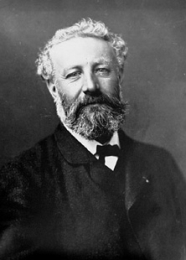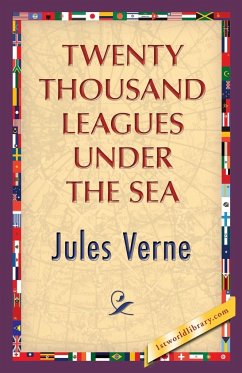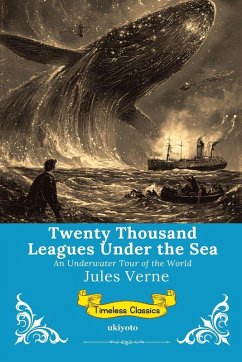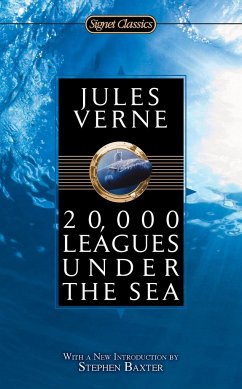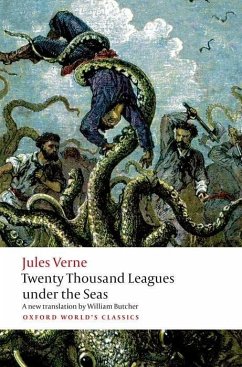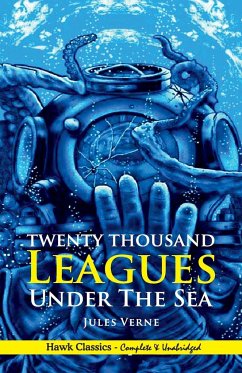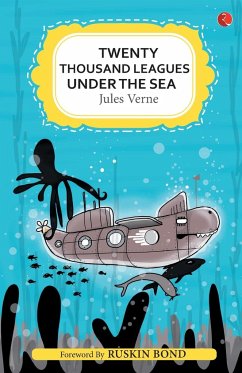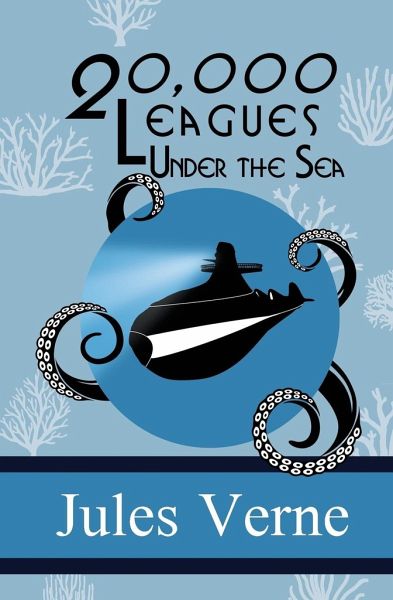
Twenty Thousand Leagues Under the Sea
Versandkostenfrei!
Versandfertig in 1-2 Wochen
16,99 €
inkl. MwSt.

PAYBACK Punkte
8 °P sammeln!
Nature's creative power is far beyond man's instinct of destruction... Book #2 of 20 in the SDE Classics Science Fiction Collection All Aboard The Nautilus for a 19th century adventure under the sea. From the Antarctic to Atlantis, Captain Nemo takes you to the far reaches of the earth where you observe exotic marine wildlife, wrestle with giant squids, and discover centuries-old sunken ships. A journey of a lifetime awaits! 20,000 Leagues Under the Sea is the standard of science fiction adventure that to this day is still acclaimed as a masterpiece.



